Welcome to the world of virtual assistant discovery calls! If you’re a virtual assistant who wants to build a successful business, you know that the first conversation with a potential client is critical.
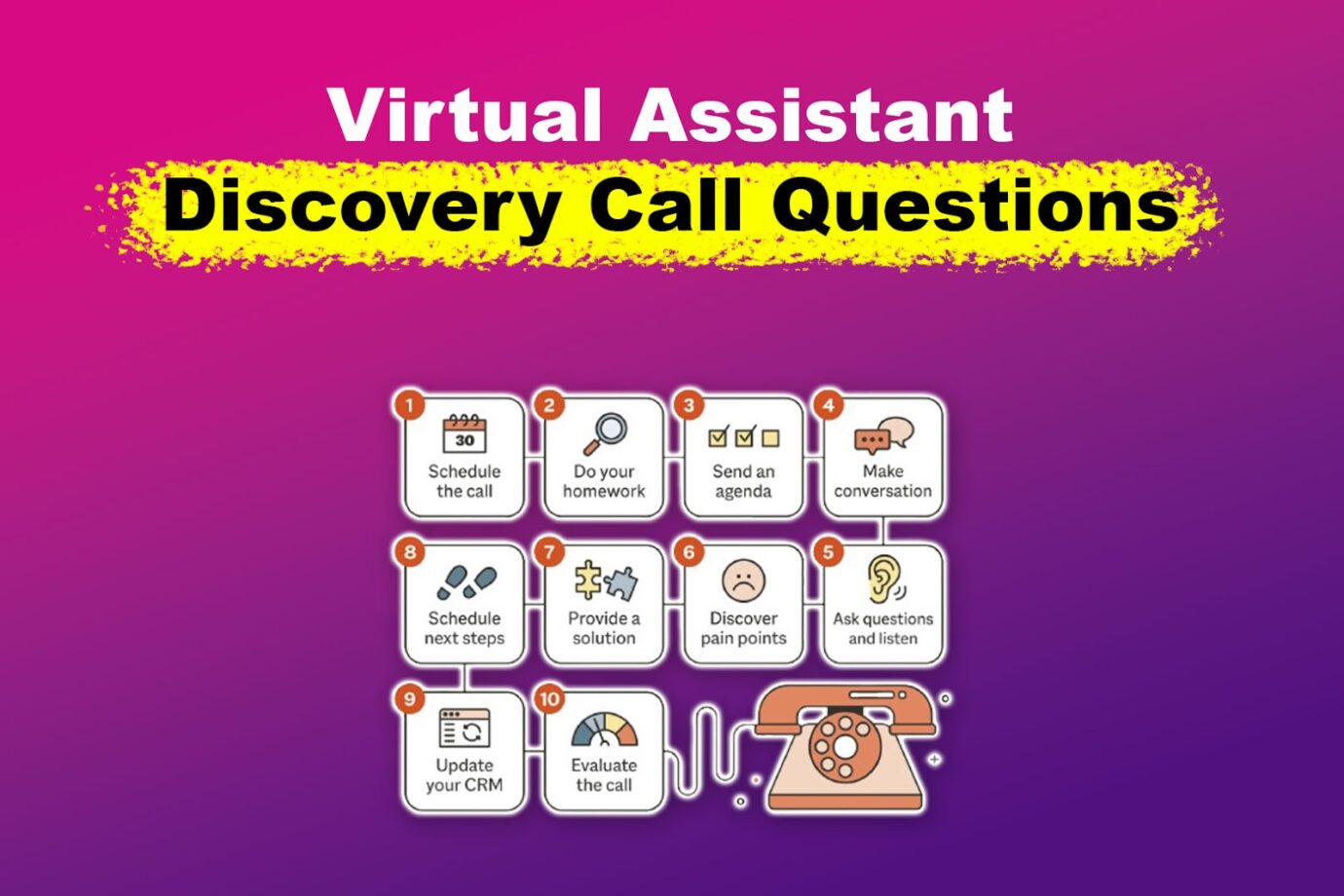
In this article, we’ll explore the ins and outs of discovery calls, including what they are, why they’re important, and what discovery questions you should ask to ensure a productive conversation.
Whether you’re new to the virtual assisting world or an experienced pro, you’ll find plenty of valuable insights and tips to help you make the most of your discovery calls.
What Is a Discovery Call?
A discovery call is the first conversation between a virtual assistant and a potential customer. Its goal is to find out what the customer needs, if they are a good fit, and build a good relationship. They help a virtual assistant gather information and decide if they should continue the process.
Discovery call elements include building rapport, understanding needs, qualifying leads, educating the prospect, and setting the next steps. It’s related to sales prospecting, allowing you to build a relationship with a prospect.
Find out more about developing a good relationship with a prospect from Forbes.
Don’t have a VA yet? Find out if you need one with the help of our article Who Needs a Virtual Assistant.
Importance of Discovery Call Questions
These are the reasons why discovery call questions are important:
- Allows You to Make Sense of Needs and Pain Points.
To sell effectively, you should understand the prospect’s pain points and goals. By asking questions, you can identify the prospect’s specific problems and position your service as a solution. - Helps You Screen Leads.
Assessing prospects’ suitability for the product or service is crucial. Asking relevant questions during the discovery call helps qualify leads and maximize the sales team’s and prospect’s time. -
Lets You Stand Out From Competitors.
Crafting customized questions and responses can set your service apart from competitors. Emphasizing distinctive features or benefits that specifically cater to the prospect’s requirements helps differentiate the offering in the prospect’s perception.
- Lets You Deal With Objections.
Spotting potential objections empowers you to handle any doubts during the conversation. This proactive technique can prevent objections from morphing into obstacles later in the sales cycle. - Helps You Build a Closing Strategy.
Insights from discovery sales questions help create a persuasive closing strategy on a discovery call. Understanding the prospect’s motivations allows you to present a compelling case for your solution.
During the discovery call, you will have an opportunity to enhance the buyer experience. If you execute it successfully, you can identify the prospect’s primary drivers and showcase your ability to resolve the buyer’s most significant issues.
What Are 3 Types of Discovery Questions?
These are the three types of discovery questions:
- Probing.
Probing questions gather information about the prospect, their issues, and expectations. This type of virtual assistant discovery call question can provide a broad range of information. - Open-Ended.
Virtual assistants can better understand prospects by asking open-ended questions. Such questions can typically be answered by “Yes” or “No.” - Close-Ended.
Closed-ended questions can be helpful when seeking specific information and clarifying details in a conversation. You should combine open-ended and close-ended questions to ensure a well-rounded and informative discussion.
Finding the gap is crucial in selling, and making a significant discovery is essential. The above three types of discovery call questions can increase your chances of making a sale and avoid wasting time.
11 Virtual Assistant Discovery Call Questions
To ensure a successful discovery call for virtual assistant services, you should ask questions that enable the service provider and the potential client to comprehend each other’s requirements, expectations, and preferences.
These are some virtual assistant-specific discovery call questions that can aid in achieving this goal:
1. What Are You Looking For in a Virtual Assistant?
As a virtual assistant, conducting discovery calls with potential clients is crucial in understanding their expectations for your services.
For instance, if a client is expanding their business and requires a VA to handle additional administrative tasks, their response during the call can help you gauge whether their expectations for the number of hours and tasks are reasonable.
If their expectations are unrealistic, you can advise them and attempt to find a compromise that won’t break the bank.
2. What Does Your Business Do?

Encouraging your clients to discuss their business mission can help you break the ice and gain insight into their products or services and target customers.
During this part of the conversation, you can identify their needs and determine how to assist them. Additionally, take note of any points they mention that you want to explore later in the call.
Level up your business’s cold-calling efforts using the best cold-calling software! Not sure which one to use? Check out this list for the best apps and their features!
3. What Issues Are You Experiencing at the Moment?
During discovery calls, you should identify the core areas where your client requires assistance. By being open and honest about your ability to assist, you create an environment of negotiation that can help you find solutions to any issues before committing to a business partnership.
Occasionally, you may need help to agree on working together. But no matter what, it’s always important to make a good professional impression. You never know when a client’s situation may change, and their positive word-of-mouth can result in new clients for you.
4. What Level of Assistance Do You Require?
A productive conversation with clients about how much VA support they need is essential since they may need a more specific idea. It’s okay to commit to providing 15 hours of support per week even if the client expects the tasks to take 20 hours to complete.
Building a successful business as a virtual assistant requires providing high-quality service to your clients. That’s why it’s crucial to communicate clearly during the discovery call about the time required to perform the required tasks.
Both parties must agree on the set hours before signing any business agreement. This way, you can ensure you’re providing your new client with the best possible service.
To further customize your pitch, here are the best cold calling opening lines that you can use.
5. What Skills Are You Currently Lacking?
Hiring a VA can reveal the actual level of support a business needs. Clients new to VA services may feel uneasy about how much assistance their team requires. Suggesting a suitable work arrangement and assurance of expertise will establish a long-lasting relationship.
Asking this question, or anything similar, is an opportunity to showcase your skills and persuade them that you’re a perfect fit for their company.
6. Would You Like to Discuss Your Budget for Virtual Assistant Services?
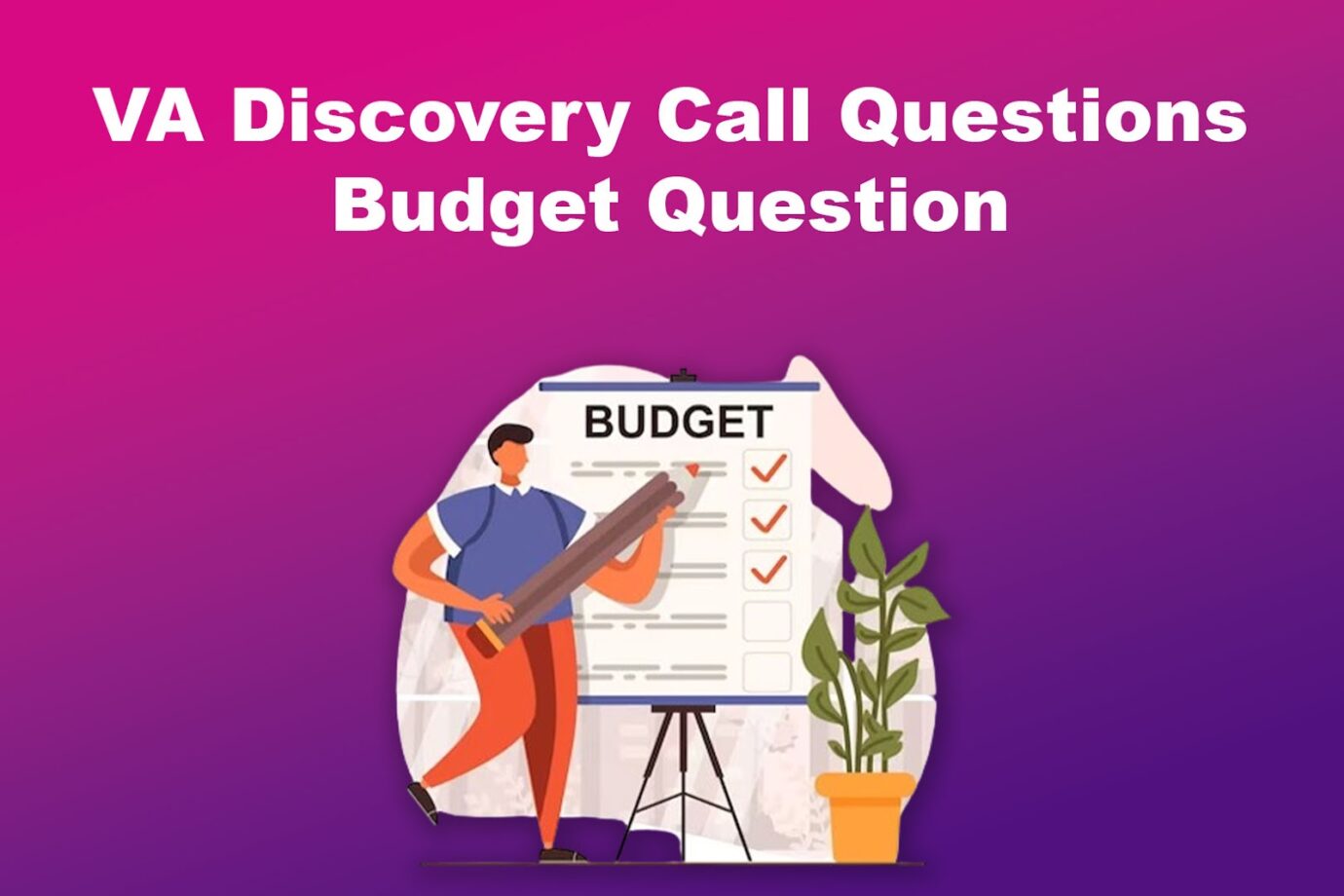
Discussing the budget and pricing is essential during a discovery call for virtual assistant services. This helps to establish a clear understanding between the virtual assistant and the client, laying the foundation for a transparent and mutually beneficial working relationship.
Discussing budgets can foster transparency and trust between the client and the virtual assistant. It shows a willingness to establish a transparent and honest working relationship.
7. Do You Have Industry-Specific Compliance Requirements for VA Services?
It’s important to remember that specific industries, such as healthcare, finance, and legal services, have strict confidentiality and data security standards that must be followed.
As a virtual assistant, it’s crucial to understand these requirements and take the necessary measures to protect sensitive information. By doing so, you can ensure that your client’s data is always kept safe and secure.
8. What Are Your Preferred Working Hours?
During the virtual assistant discovery call, it’s important to inquire about the possibility of increasing the hours of service later.
You should discuss the preferred working hours to establish transparent communication and mutual understanding of availability. This will help you and the client create a suitable work arrangement and meet client expectations, leading to a successful collaboration.
9. What Types of Customers Do You Serve?
Understanding your client’s customer base before agreeing to a contract ensures you have the right skills. A good understanding of their target audience is crucial for exceptional performance.
Proper procedures help you learn about their preferred method of engaging with customers, giving you an edge in prospecting.
Need someone to ask these questions to potential customers? Here’s how you can outsource your cold calling needs!
10. What Is Your Preferred Method of Communication With Your VA?
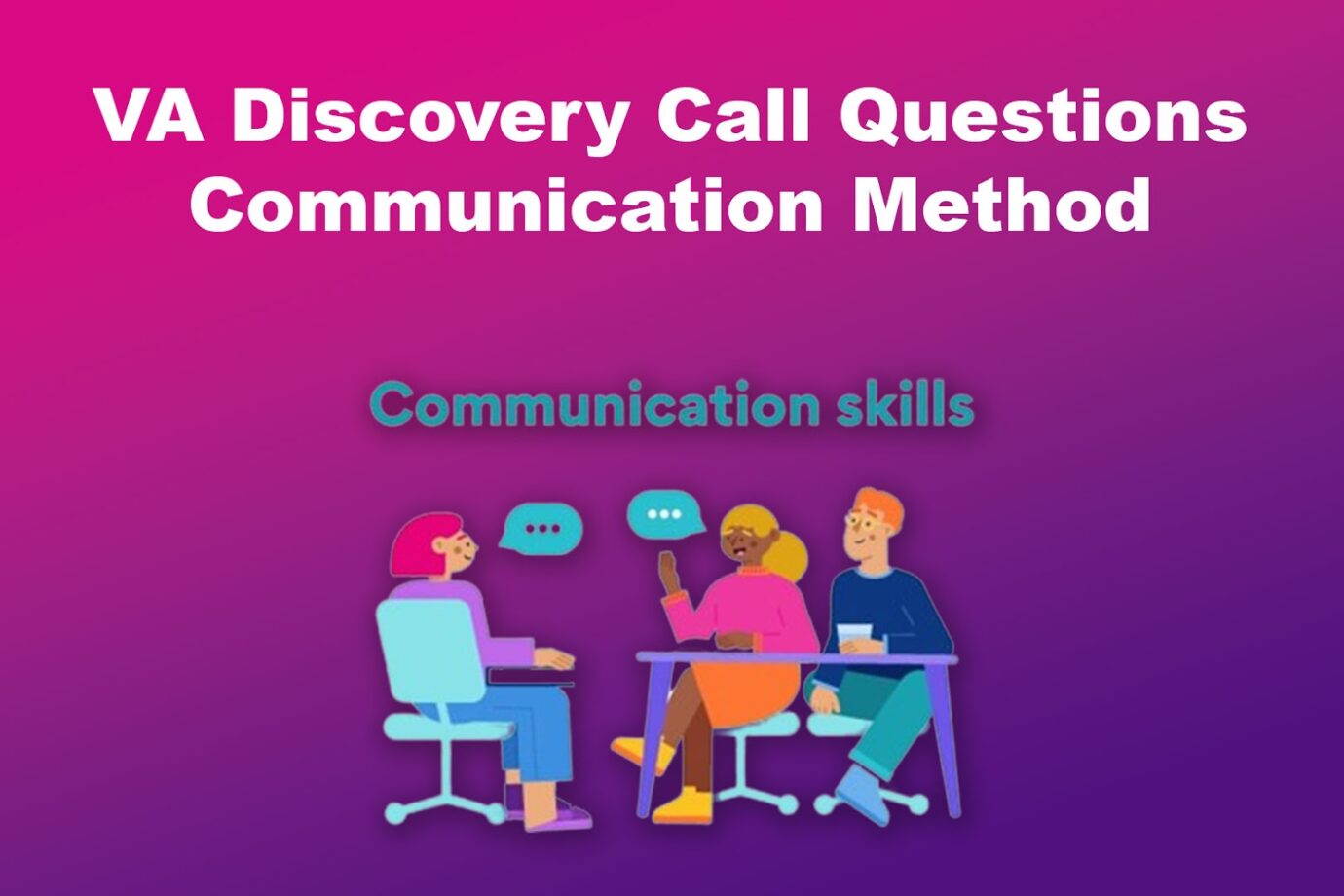
Tailoring the virtual assistant’s approach to the client’s preferred communication method is important for effective communication. It ensures that both parties are comfortable and satisfied with the chosen communication methods.
Asking this question during a discovery call can help you determine the frequency and format of updates. Aligning with the client’s preferences, whether for regular check-ins, daily summaries, or periodic reports, enhances communication.
11. Are There Any Other Virtual Assistants You Have Access To?
During discovery calls, asking open-ended questions like this is beneficial. It allows potential clients to speak more freely about their business offerings. Most of the time, people are more than willing to discuss their business operations, which can help you determine their target customer base.
You can identify prospective clients’ needs and establish a strong business relationship by conversing openly during discovery calls. Paying attention, listening carefully, and taking notes will assist you in asking appropriate follow-up questions for the potential client.
You can use the above questions as a discovery call template if it’s your first discovery call. You can adjust these accordingly when you conduct succeeding calls.
Check out this article on LinkedIn on how to prepare for a discovery call.
What Are the 4 Steps to Discovery?
Through customer discovery, startups can confidently engage with potential customers to gain valuable insights into their needs, pain points, and preferences.
Here are four steps in the discovery process:
Step 1: Formulate Your Hypothesis
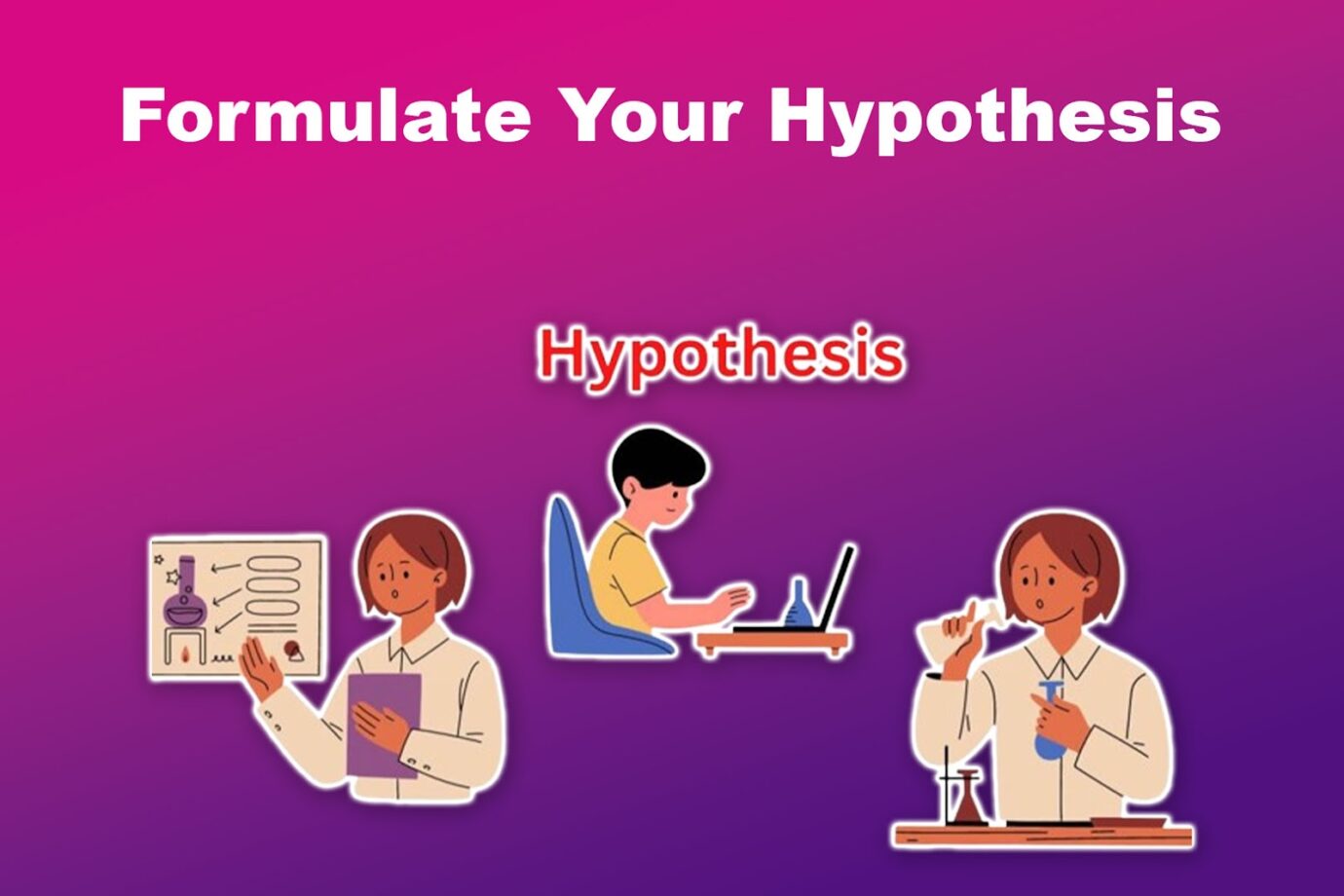
It’s important to develop hypotheses about the issue your product or service addresses and the benefits it offers. These hypotheses should act as a foundation for your customer discovery endeavors.
Step 2: Identify Your Assumptions
Assumptions are necessary when explaining your hypothesis, like the problem being real and the solution effective. A customer persona can help outline these. Don’t forget to be specific.
Step 3: Conduct Interviews
Connect with potential customers through interviews, surveys, or other methods. Ask open-ended questions to understand their needs, problems, and behaviors. Listen closely to their responses and let them express their thoughts and experiences freely.
Step 4: Validate Your Hypothesis
Analyze customer feedback and data to confirm or adjust your initial ideas on whether your service is a genuine need in the market.
You can make a well-informed decision once you get the hang of customer discovery. These days, virtual methods are just as popular as in-person ones, so don’t hesitate to explore all your options. Always remember that it’s a good idea to consider all alternatives when deciding who to communicate with.
What to Do After a Discovery Call?
After a discovery call, you should send your client or prospect a recap or follow-up email, as it will help build and maintain relationships with them.
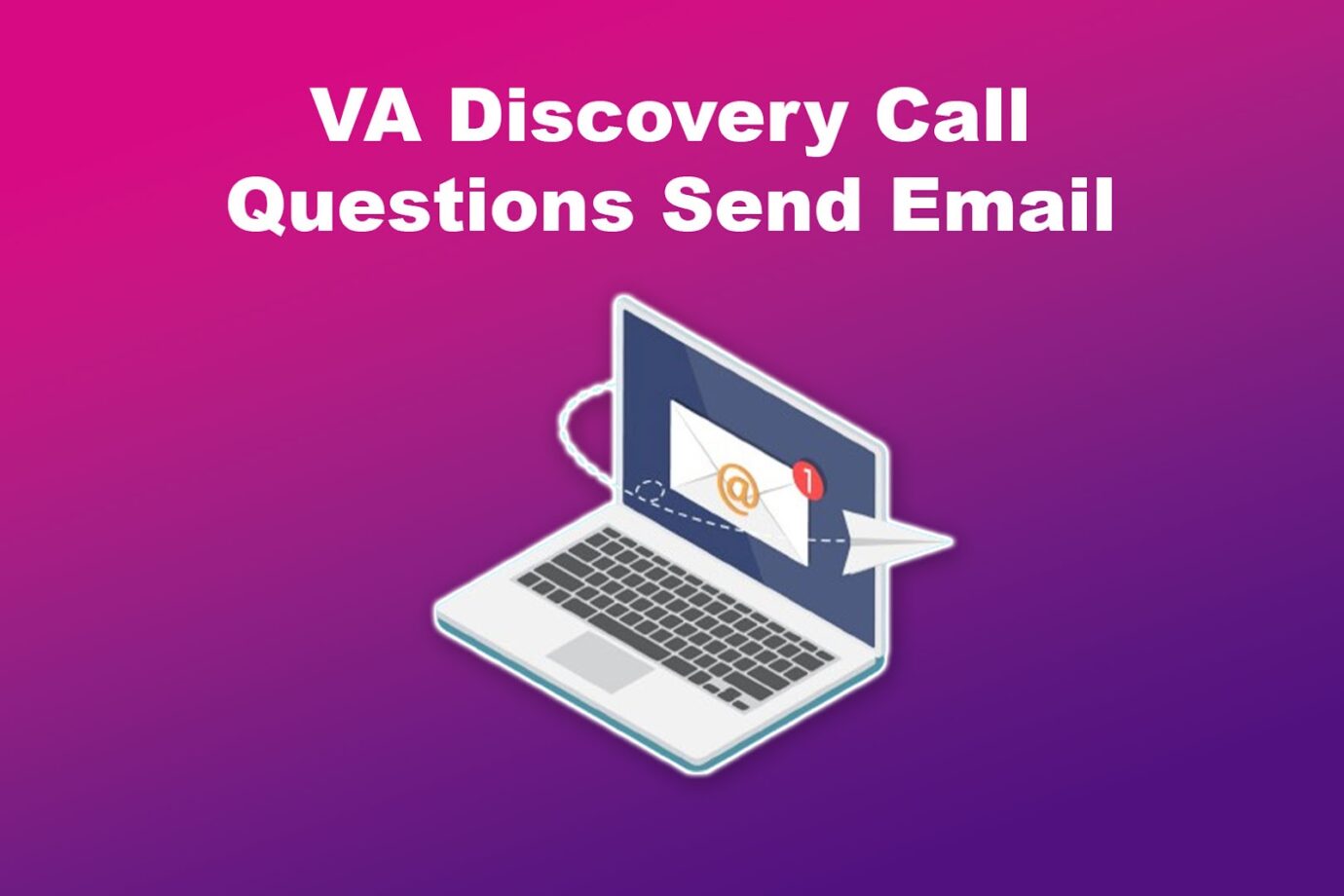
Check LinkedIn to learn how to follow up after a discovery call.
You should also review and document the main takeaways and data collected during the discovery call. Ensure you capture all the information regarding the prospect’s requirements, goals, challenges, and other details discussed.
Virtual Assistant Discovery Call Questions Are Essential
Discovery calls are essential for virtual assistants to build successful relationships with potential clients. By asking the right questions during the discovery call, a virtual assistant can understand the client’s needs, build rapport, and stand out from competitors.
Knowing the importance of discovery call questions and the different types of questions to ask can help virtual assistants screen leads, deal with objections, and build a closing strategy. With these insights, virtual assistants can make the most of their discovery calls and enhance customer experience.
You can use this article’s tips and questions during discovery calls to achieve fruitful outcomes.
